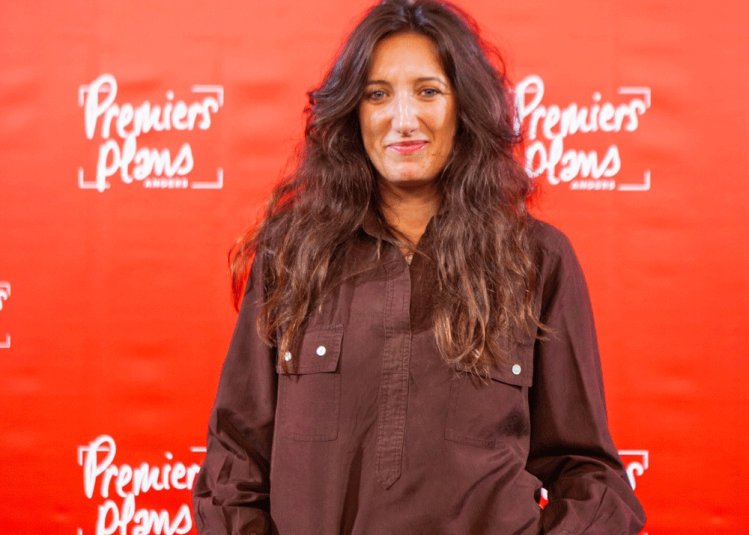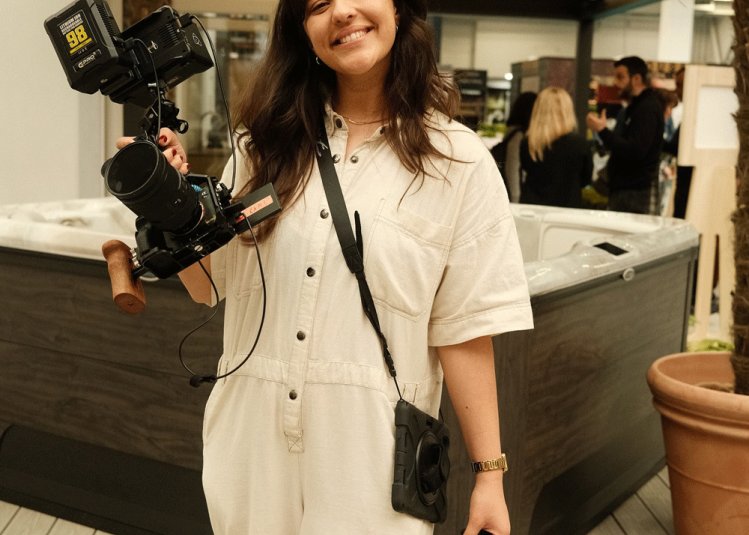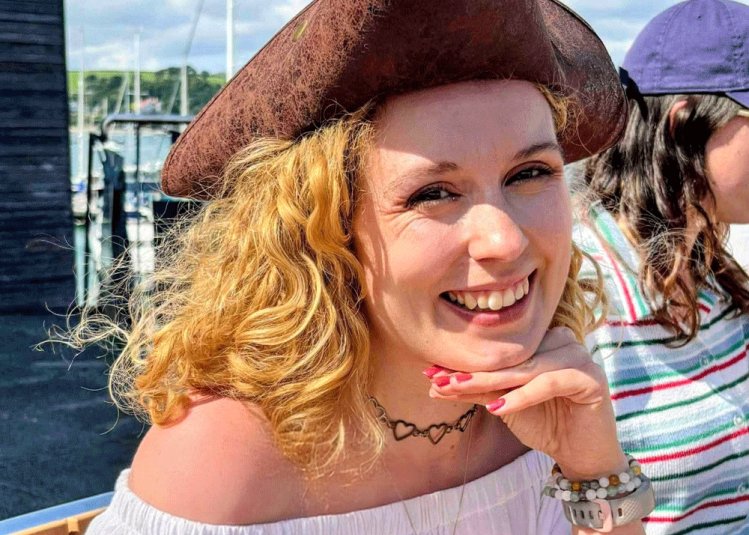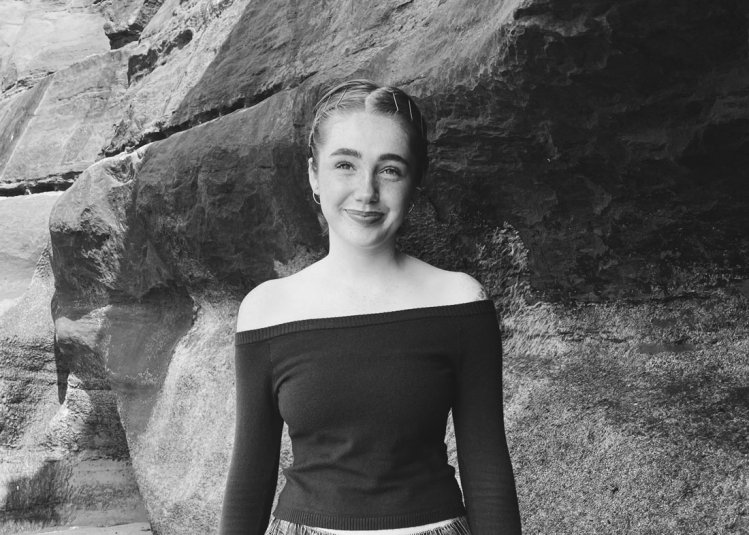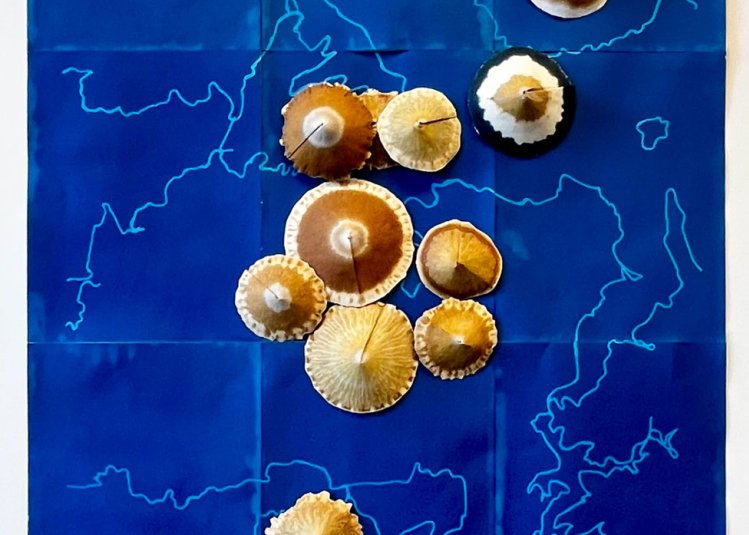Marine & Natural History Photography graduate travels the world for the BBC's 'Big Little Journeys'
04 January 2024
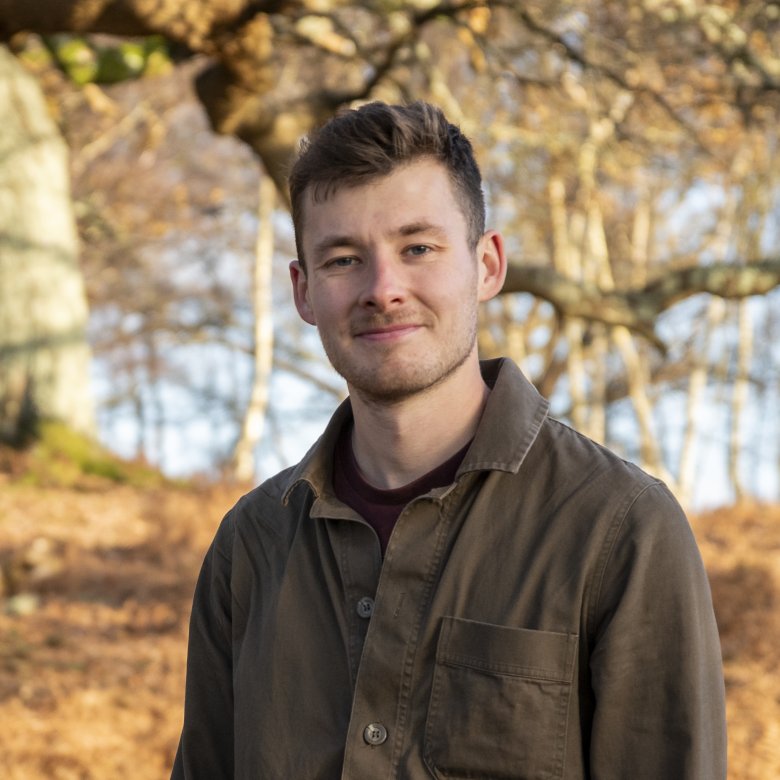
Meet Marine & Natural History Photography BA(Hons) graduate Matt Roseveare – a wildlife photographer and filmmaker, and Junior Camera Operator on the BBC Two programme Big Little Journeys.
When he graduated from Falmouth University’s Marine & Natural History Photography degree in 2021, Matt Roseveare had his sights set on a career in the natural history television industry. First securing location and camera assistant roles for documentary projects in the UK, Matt soon found himself travelling around the world to capture the extraordinary journeys of six tiny animals for the BBC’s Big Little Journeys. We caught up with Matt to chat about his time at Falmouth, his experience working with the BBC and what he’s doing now.
How did you start working for the BBC?
After graduating from Falmouth, I begun to find work in the natural history television industry, first working as a location assistant in the New Forest national park where I grew up. I helped film crews who needed an extra pair of hands and someone with local knowledge. This then progressed to camera assistant roles on other documentary projects around the UK and subsequently becoming a junior camera operator at the BBC Natural History Unit, working on a programme called Big Little Journeys throughout 2022 and 2023.
Working on Big Little Journeys, I travelled to South Africa, Taiwan, Canada and Brazil to capture small animals that ventured on big journeys. It was an amazing project to be part of and a valuable learning opportunity. The programme came out on BBC Two in autumn 2023.
Cornwall has everything: world class coastline, underrated moorland and woodland and plenty of wildlife. It was the perfect training ground for a nature photographer.
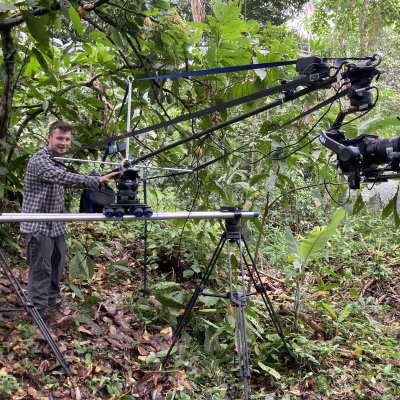
That sounds like an amazing experience – what was your favourite animal to film?
My favourite so far was heading to South Africa to film Bush Babies. These small primates are nocturnal and move very quickly, making them especially tricky to film. We had to use incredibly low light cameras to be able to pick them up as they moved across the canopy at lightning speed. We utilised portable camera cranes to be able to get into their world and follow alongside them on their journey from the wild bush to suburban Johannesburg. After many weeks, and a few return trips, we had enough footage to tell the Bush Babies’ story. As they were so technically and physically challenging to film, this sequence was particularly rewarding to see when it all came together.
How did your course help you to develop the skills you needed for the role?
My time on the course helped me to get to grips with industry standard equipment from the Institute of Photography stores. When working on a TV programme, you don’t have much time to learn how to use equipment, so having prior knowledge of a wide range of camera kit definitely helped.
The lecturers were really helpful and you always left inspired and full of ideas. It was great that the course provided still photography and moving image modules, as this really helped me to explore what excited me most and find direction in the path I wanted to follow.
What did you most enjoy about studying at Falmouth University?
For me, the best thing about studying in Falmouth was having access to some incredible nature right on the doorstep. Cornwall has everything: world class coastline, underrated moorland and woodland and plenty of wildlife. It was the perfect training ground for a nature photographer.
It was also invaluable to be a part of a community of like-minded people on the course. Being in a positive environment of shared interest proved good practice for when it came to building networking skills in the industry. Since graduating, I have come across a lot of other alumni working in the industry and it’s great to connect with them and reminisce about our experiences at Falmouth.
Meet Marine & Natural History Photography BA(Hons) graduate Matt Roseveare – a wildlife photographer and filmmaker, and Junior Camera Operator on the BBC Two programme Big Little Journeys.
What are you up to now?
Since finishing my contract at the BBC, I have been picking up freelance work as a videographer and photographer. Like many creative industries, the work in the natural history television industry fluctuates, so learning versatile skills has been important when the sector is a little quieter. I have been selling prints and stock photography as well as building various other sources of income to keep me available for when further freelance opportunities arise.
What advice would you give to prospective and current students looking to enter the industry?
Everyone’s path into the industry is unique, but chipping away at building contacts and experience whilst working on a show reel that demonstrates your skillset is really important. The Marine & Natural History Photography course is great for finding your style and creative voice. Keep an open mind and use it as an opportunity to explore different photographic and filming techniques. Make the most of the photography stores and the lecturers and engage with the course’s great community atmosphere.
